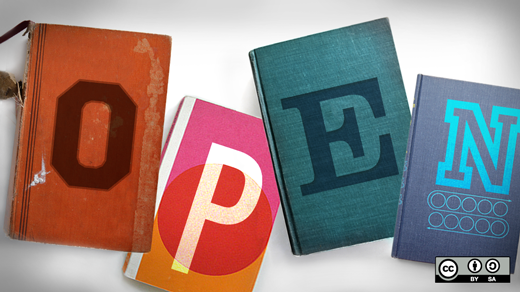Jeff Belliston and Elizabeth Smart from Brigham Young University are working to address the issues facing academic libraries trying to advance open education, beginning with BYU.
The Harold B Lee Library at BYU has made several efforts towards this goal. It sponsors ScholarsArchive, an institutional repository for content produced by the university, which houses 2,518 electronic theses and dissertations (ETDs); 1,376 papers, posters, and presentations; and two research collections with nearly 4,000 curated images. Among other similar initiatives, it has also begun partnering with the Internet Archive to digitize materials from its collection and now has 9,440 complete books available on archive.org.
Within this framework, the library began looking where to make further improvements. They conducted a faculty survey and received 510 responses on topics that included publishing support, an open access repository, and open access journal hosting.
Survey results
When asked about open access journals, many of the faculty members were vaguely aware of them, but not well-informed on the details. Of the respondents, 60% were aware of open access journals, and 54% expressed interested in pursuing publication in open access journals. There is still a lack of awareness around publishing and authoring rights involved, and 67% are interested in learning more about them, but less than 30% have used the unviersity's resources to do so. Twenty-one percent are aware of Creative Commons licenses, but only 39 of the respondents have actually used one. (396/507 and 569/508)
When asked what types of items they'd like to add to an open access repository, nearly 400 were interested in sharing published articles, followed by high interest in sharing conference presentations and video. They reported web visibility as the most important feature to them with digital preservation in second place. "We in the library see that easy access through a LMS is another prioirty because it's a place we can garner content," Smart said. "We can harvest that and put it in our digital repository."
When it comes to hosting journals online, professors were mostly interested in professional journals. But when it comes to the nuts and bolts of doing so, they were reluctant to pay a cost recovery fee for journal hosting services, with the example given of 10 cents/page for digitizing back issues or $9/hour for student employees inputting data.
When asked if it would be helpful to have a digital preservaiton repository, 60% were interested, with 51% for online book publishing and 49% for print on demand. There was less interest in support for assigning persistent digital object identifiers (DOI), which is a high goal for the library.
Opportunities
In terms of open repositories, one professor said in the survey, "Open access is not mainstream yet. If we don't continue to pay for subscriptions our faculty will be at a serious disadvantage." This isn't the university's or library's goal and is a common misconception--thus an opportunity for further education. The real goal is to complement traditional publishing and offer more opportunities. Open publishing is not mutually exclusive from traditional publishing.
"We talk a lot about information literacy--that students know how to find, select, and analyze information--and we have the same opportunity with digital access and our faculty," Smart said. The first step is awareness and knowledge within that faculty.







Comments are closed.